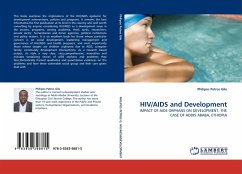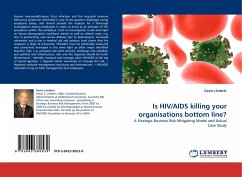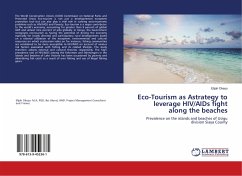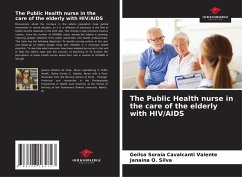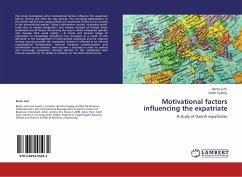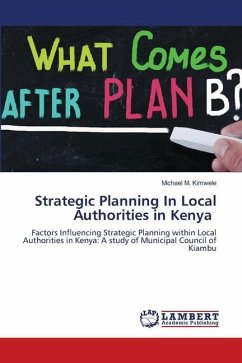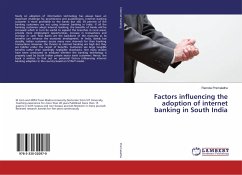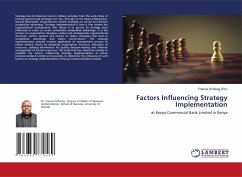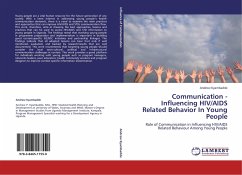
Communication - Influencing HIV/AIDS Related Behavior In Young People
Role of Communication in Influencing HIV/AIDS Related Behaviour Among Young People
Versandkostenfrei!
Versandfertig in 6-10 Tagen
32,99 €
inkl. MwSt.

PAYBACK Punkte
16 °P sammeln!
Young people are a vital human resource for the future generation of any society. With a keen interest in addressing young people s health communication demands, there is a need to examine the main practices and approaches that can improve HIV/AIDS and STDs communication flow. This work, therefore, aims at drawing the best approaches, lessons and practices that can be used to access HIV/AIDS and STD information to young people in Uganda. The findings reveal that involving young people in programme preparation and implementation is important in building good context-specific IEC/BCC initiatives...
Young people are a vital human resource for the future generation of any society. With a keen interest in addressing young people s health communication demands, there is a need to examine the main practices and approaches that can improve HIV/AIDS and STDs communication flow. This work, therefore, aims at drawing the best approaches, lessons and practices that can be used to access HIV/AIDS and STD information to young people in Uganda. The findings reveal that involving young people in programme preparation and implementation is important in building good context-specific IEC/BCC initiatives and partnership linkages. The findings indicate that all adapted lessons can bear fruit only if well monitored, evaluated, and backed by research/results that are well documented. This work recommends that targeting young people should consider the local socio-cultural, political and infrastructural communication challenges in context. This work provides a good platform for individuals working with young people such as program managers, networks leaders, peer educators, health community workers and program designers to improve context specific information dissemination.



